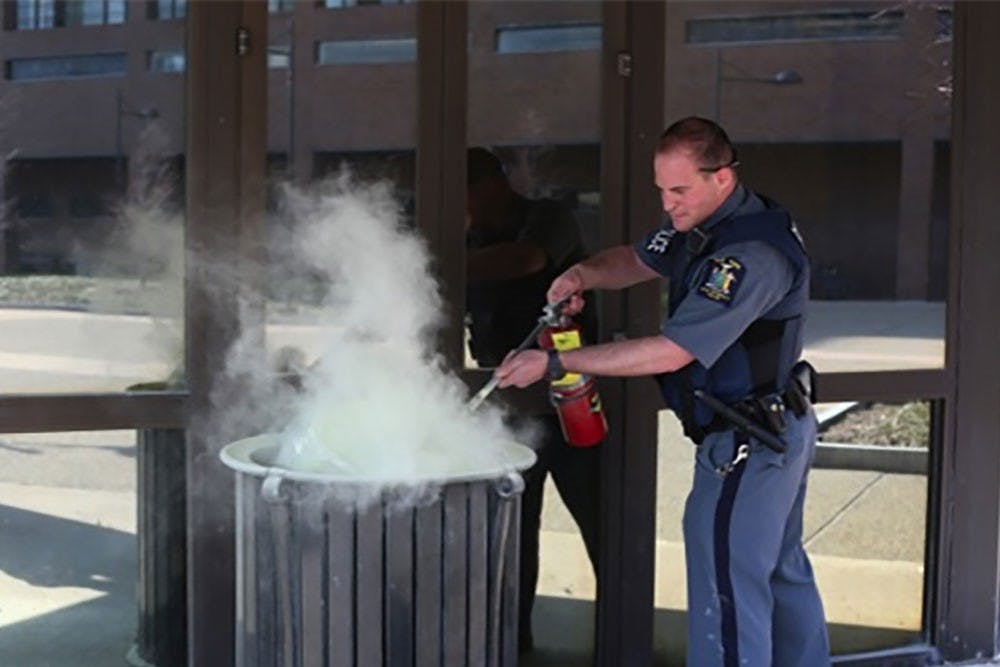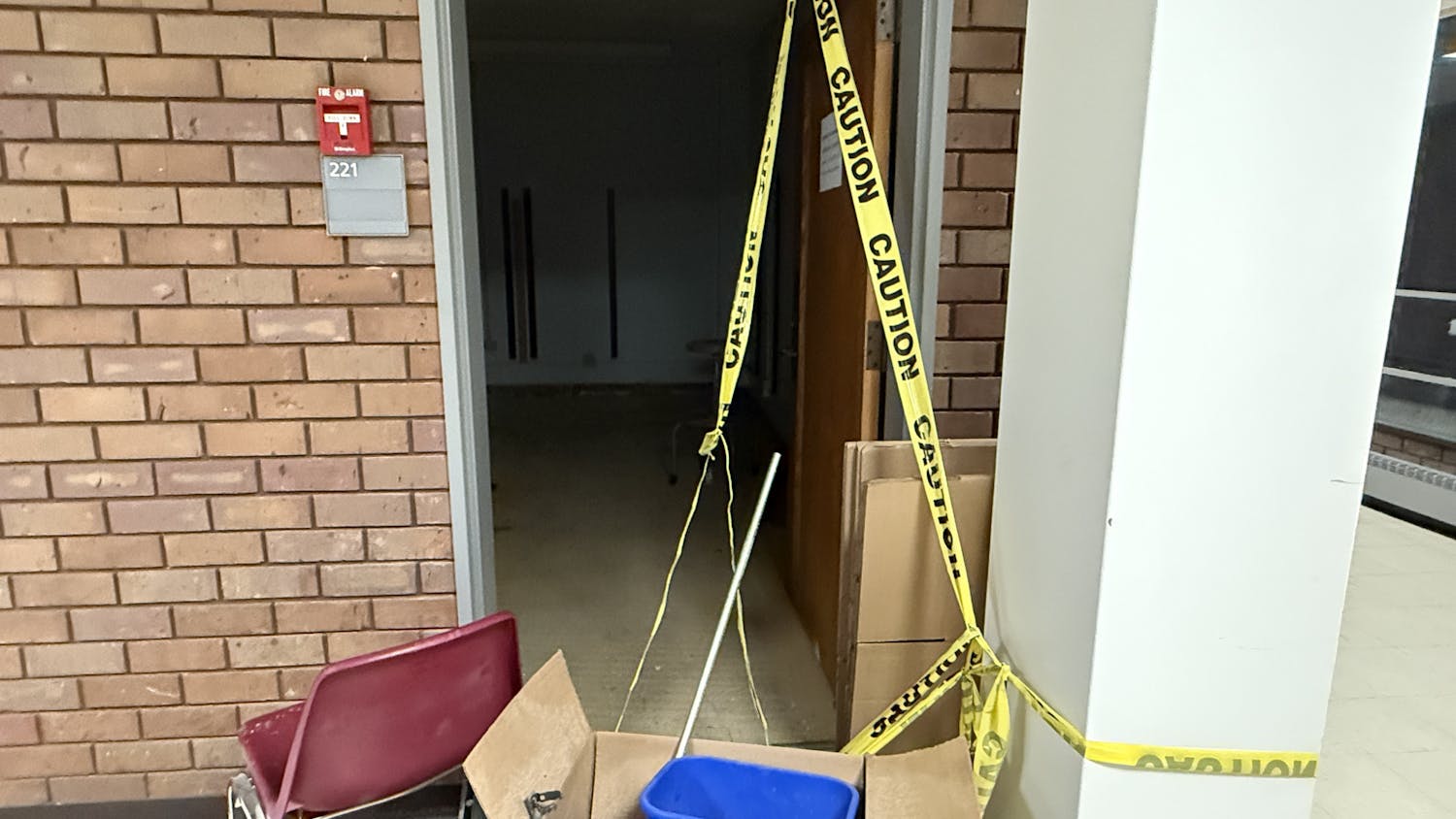UB Assistant Chief of Police Chris Bartolomei, along with 23 other SUNY police trainers, participated in SUNY-sponsored training earlier this month.
The effort was designed to “train trainers” in fair and impartial policing perspectives according to Fair and Impartial Policing (FIP), an organization designed to tackle issues of bias and interactions with the public that officers sometimes do not notice. The training is based on the “science” of bias, according to UB Chief of Police and president of the SUNY Police Chiefs Association, Gerald Schoenle.
The FIP training involves the institution of scientific research in 21st century police training. The research explains that biased policing does not necessarily have a direct correlation with widespread racism in policing across the country.
Social psychologists have shown that “implicit” or “unconscious” bias can impact what people perceive and do, even in people who consciously hold non-prejudiced attitudes.
Wendy Quinton, a psychology honors program director and psychology professor, said these implicit biases are gut-level evaluations – or attitudes – that individuals have automatically.
“Implicit bias refers to an implicit attitude that involves a favorable or unfavorable evaluation of a person, place, event or object,” Quinton said in an email. “For example, non-Buffalonians may not like Buffalo because they automatically and unconsciously associate ‘Buffalo’ with ‘tons of snow.’”
Quinton also said that implicit biases are different than explicit biases, which are evaluations that we are consciously aware of. She said someone could have implicit bias without explicit bias.
“Everyone has automatic associations, but not everyone acts on them or acts on them all the time,” Quinton said.
Police officers’ experience, consciously or unconsciously, the same cognitive functions as a non-police officer.
The three-day “Train-the-Trainer” course walks trainers through every aspect of the FIP Training Program and provides opportunities to practice teaching the modules of both curricula, according to FIP.
Bartolomei, an officer at UB for 20 years, is in charge of training for all 57 sworn-in police officers in the UB system.
“I participated in a series of studies and exercises that show how people can be unconsciously biased,” Bartolomei said. “They emphasized that, at times, you need to slow down when you think you should speed up and think about what you are doing.”
Bartolomei said he has already seen a change within himself only two weeks after the training course.
“It helped to clarify and understand how people are subject to bias in any situation,” he said.
UB has recently created a UPD student task force, which allows students to have discussions with UPD after some students were unhappy with how the department handled incoming calls during the “White Only” art project controversy.
Students are glad to see UPD making a point to advance staff training.
“I think it's a good idea and it should help keep UB students and faculty safer,” said Dan Lomenzo, a senior finance major.
Michael Strum, a freshman business major, said UPD’s continued efforts to keep the campus safe are great because campus is more “laid back” and allows UPD to prepare for situations “they haven’t faced yet.”
Bartolomei said he and UPD were glad to take advantage of this training program because it is extremely popular amongst departments across the country.
“We are excited to work in conjunction with Buffalo State and other universities in the SUNY system to make university policing better,” Bartolomei said.
Evan Schneider is an assistant news editor and can be reached at evan.scheidner@ubspectrum.com.





